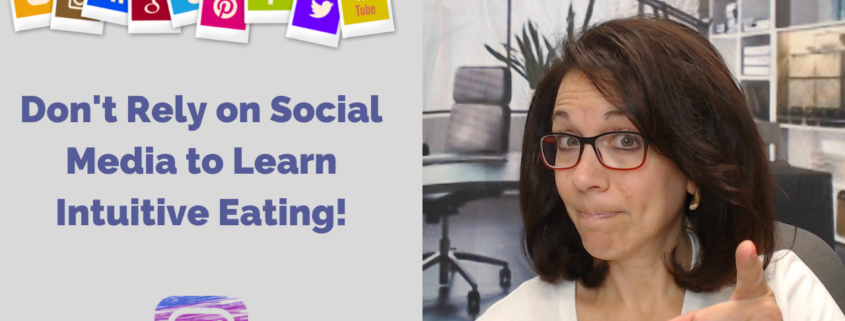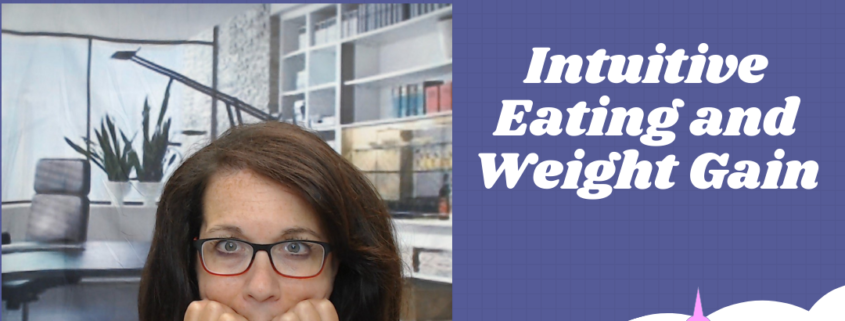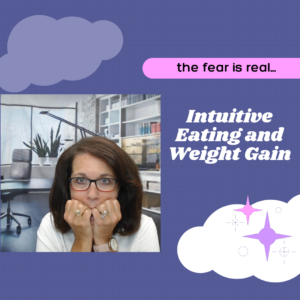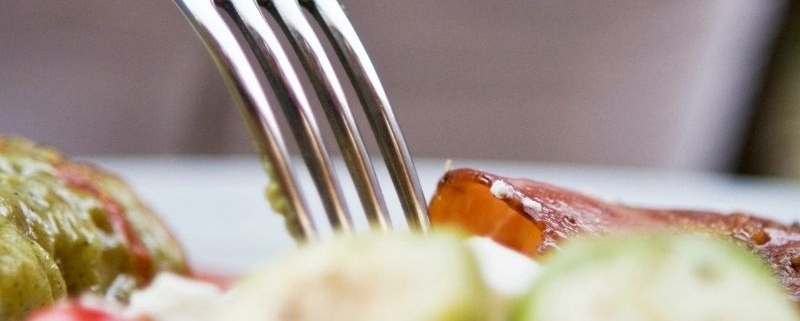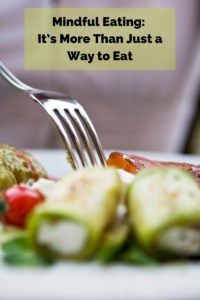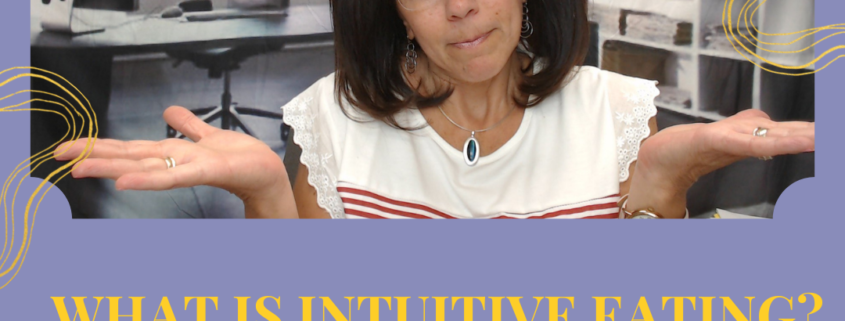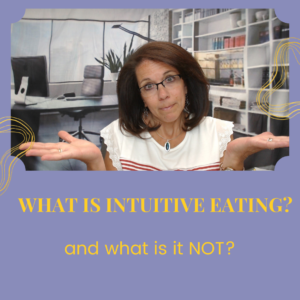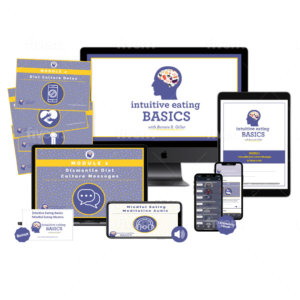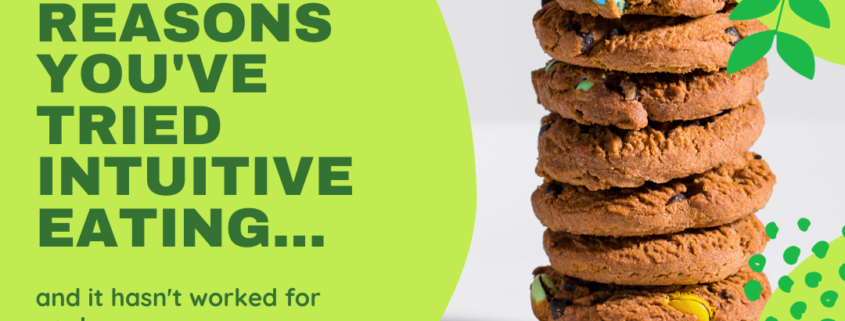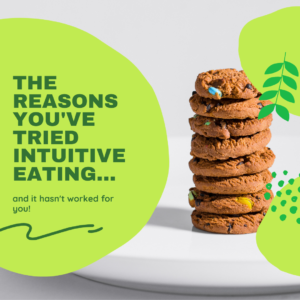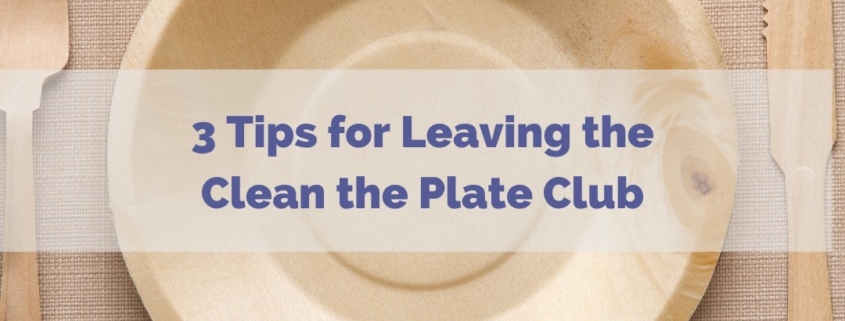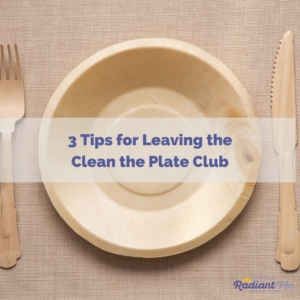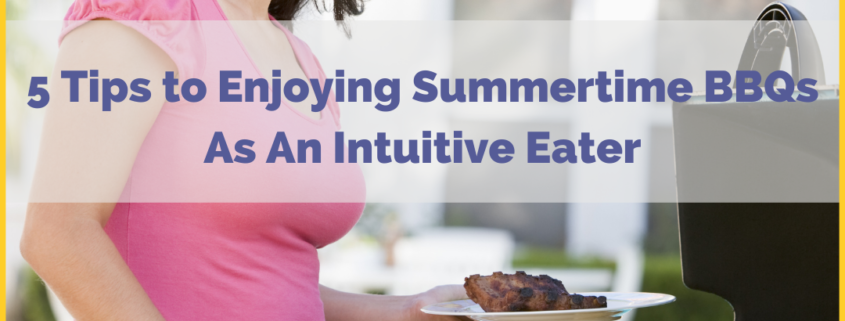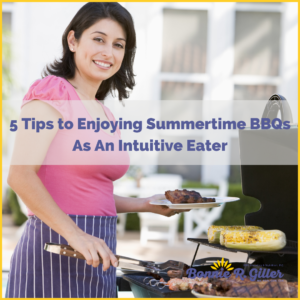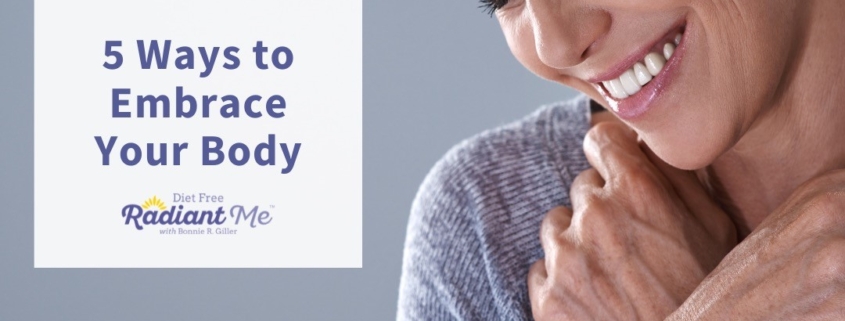Social Media: Is it Helpful or Harmful When Practicing Intuitive Eating?
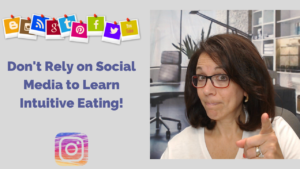 There are many different places that people find out about the world of Intuitive Eating. These include:
There are many different places that people find out about the world of Intuitive Eating. These include:
- A family member
- A friend
- A HAES aligned health professional
- The internet
- Social media**
Nowadays, social media is the new way of sending and receiving all kinds of information—from keeping tabs on your long distance friends to being up to date on the latest news.
Social media is here to stay and while on one hand it may appear to be a very fun and engaging place to be, it’s important to understand the “not so fun” side of social media.
In terms of Intuitive Eating, social media can send many mixed messages—both helpful and harmful to your Intuitive Eating journey and understanding of Intuitive Eating.
How Social Media is Helpful
1.It gives a voice to qualified well-educated people to speak on important Intuitive Eating and other nutrition-related topics.
Social media gives Registered Dietitians and Certified Intuitive Eating Counselors a place to promote real, evidenced-based information about Intuitive Eating. Meaning, it allows Intuitive Eating to be represented CORRECTLY.
It also gives them a place to advocate against diet culture and for a more non-diet approach when it comes to mending relationships with food and your body.
2.It provides a starting point, or baseline, for Intuitive Eater newbies.
As mentioned before, especially nowadays, many people come into the world of Intuitive Eating because of social media posts they see online, or information they see circulating on their newsfeeds.
With this being said, social media provides just a starting point, providing baseline information, for Intuitive Eating newbies to being their journey toward mending their relationship with food and body.
Check out Intuitive Eating Basics, a self-paced course to give you a taste of Intuitive Eating and begin to reject your diet mentality and reconnect with your inner signals.
3.It helps challenge, tackle, and stand up against the toxic messages of diet culture.
With many influential RDNs and other Intuitive Eating Counselors and experts on social media, this allows for
4.It provides an environment for Intuitive Eaters to share stories, feel supported and connect with others going through similar experiences.
Social media can provide a large sense of community, accountability and relatability—especially for those who are struggling or just starting out on their Intuitive Eating journey.
How Social Media is Harmful
1.There’s lots and lots of mixed messages.
Social media can be a confusing place filled with misinformation. While one account is telling you one thing, another account could tell you the exact opposite—so beware!
My recommendation to you is to only consume content from qualified “social media influencers”, like Registered Dietitians, Certified Intuitive Eating Counselors, and other health care professionals that are HAES aligned (Health at Every Size) and are committed to weight neutral practice.
2.You might be influenced to listen to (and follow) the “wrong” social media voices.
With so many different kinds of accounts to follow on social media, there are bound to be ones that claim to be supportive for your Intuitive Eating journey, but in reality are not.
Be sure to follow accounts that support a non-diet approach, align with your personal Intuitive Eating values, and advocate against diet culture.
3.It enables anyone and everyone to create a “brand”.
Anyone with a phone and a WIFI signal can create a social media platform and claim to be an expert in just about anything! Be cautious with following accounts that simply have a lot of followers, or generate a lot of likes, thumbs up, etc.—this does NOT mean the information they are sharing is valid, correct or helpful for you!
4.It promotes diet culture messages but claims they’re Intuitive Eating.
The messages of Intuitive Eating are often misinterpreted or twisted by diet culture.
For example, social media accounts that…
- Claim Intuitive Eating is a way to lose weight
- Push the thin ideal
- Promote a certain way of eating
- Claim a way of eating or living is a form of “lifestyle” or for “wellness”
>>>All of these examples are diet culture in disguise!
Do your due diligence. Check out the accounts you follow, look into the people behind the accounts, and be alert to misguided information.
For up to date, reliable information on Intuitive Eating, check out my website here.

